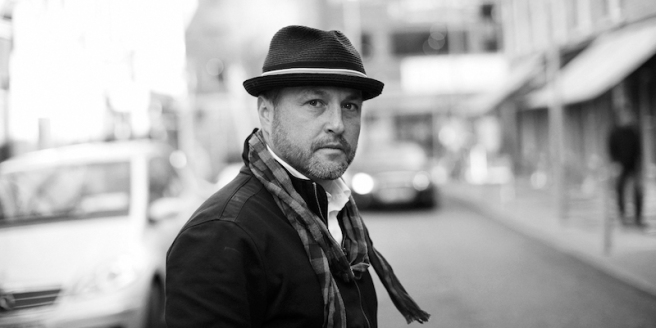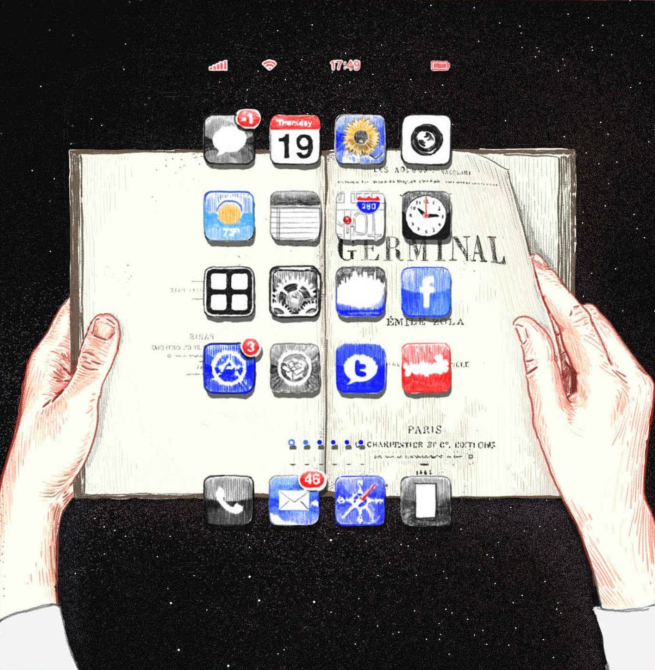What time of day do you write?
There’s an Irish song written by Brendan Behan that goes: In the early mornin’ / the screws were bawling / get up ya bowsies / and clean out your cells. Well, that’s how I feel in the early morning: Get up, ya bowsie. I want to get up before the small mundanities and the stupidities and the prison guards of the Internet. Clean out my cell. Or my cells. Get the words down on paper. A perfect day for me begins in the dark before anyone else has woken, say 4:30 or 5 am. Two hours or so of this. In the quiet. And then, when the house begins to stir, the rest of my life will too. But for a small parcel of early morning hours, I feel entirely free. And then I go out and walk the dog.
~ Colum McCann, from “Colum McCann on Ulysses, Mary Lavin, and Drinking with John Berger” (Literary Hub, February 25, 2020)
Notes: Thank you Sawsan for sharing.







